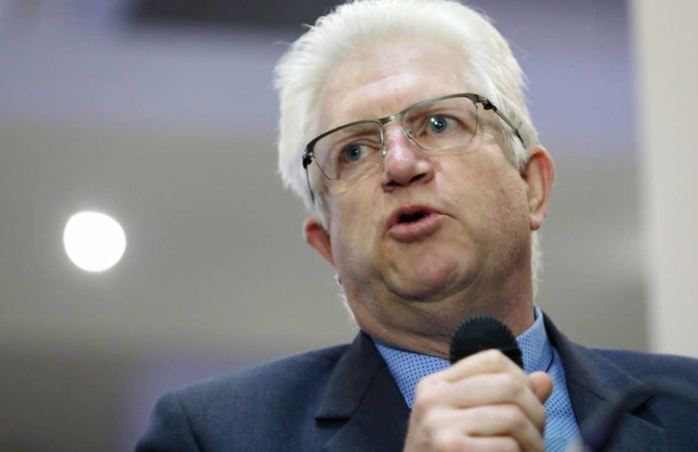The province currently has 10 915 active cases with a total of 92 845 confirmed cases and 78 921 recoveries. The death toll has risen to 3009 in the Western Cape.
“We send our condolences to their family and friends at this time,” Premier Winde said.
To date, 411 015 tests have been conducted and 1500 people have been admitted to hospital with 280 in ICU or high care.
The breakdown is as follows:



Department of the Premier budget speech:
“Earlier today, I delivered the Department of the Premier’s budget speech to the Western Cape legislature- detailing the work this department has done over the past four and a half months, and outlining how it will use the opportunities and lessons presented by this crisis, to lead this government into the new normal,” the Premier said.
An excerpt from the speech and a breakdown of the main expenditure is provided below:
COVID-19 has had a significant impact on the people of the Western Cape, on our economy and on how this government conducts its day-to-day business. This crisis has required us to respond quickly, decisively and innovatively.
The Department of the Premier has played a major role in our whole of government response, becoming more responsive, and leading the change across the Western Cape Government.
Since the first case of COVID-19 was detected in South Africa, our first priority has been to the people of this province- whether that is ensuring that they have access to appropriate healthcare, responding to the humanitarian crisis, or ensuring that we continue to deliver government services throughout this period.
This province took the lockdown seriously, and used the time afforded to us by the hard lockdown to prepare our systems for the peak. The DG, Dr Harry Malila and the Department of the Premier have led the way in this regard- and have continued to play an important role in overseeing our hotspot strategy to ensure that as we opened up more of our economy, we did not see a significant spike in new infections.
As a government, our response to this crisis has been world class- taking the opportunity to learn lessons from around the world, and making use of the exceptional talent that exists in departments across the public service to chart our own way forward.
We have developed innovative solutions to problems-like creating the Red Dot Taxi service to transport healthcare workers safely, and we have started delivering medicines to people’s homes rather than have them stand in long queues.
This crisis has also shown us how quickly a government can respond- we built a hospital in four weeks.
The Department of the Premier has received an additional allocation of R6.350 million from the Provincial Treasury , and has repurposed just over R72 million within the vote-R41 million of which has come from savings on compensations, achieved in part, by putting on hold all non-critical vacancies.
Some of the key expenditure items included:
– R30 million on the biggest communications campaign this province has ever undertaken- aimed at equipping residents with clear, trustworthy information that allows them to protect themselves and their families and bringing about behaviour change. This campaign flighted eight different radio adverts in over 4000 slots, on 4 regional and 29 community radio stations across the province, in three languages. It also included nearly 10 000 street pole posters, loud hailing, newspaper adverts in 34 different newspapers, SMS and please call me messages, social media messaging, posters, flyers, printable posters and material for businesses and branded taxi decals.
– R11.158 million to equip the Western Cape Government call centre to deal with increased call volumes for humanitarian food relief. When the province announced that it would be making 50 000 food parcels available to respond to the humanitarian crisis created by the hard lockdown, are call centre was inundated- receiving up to 14 000 calls a day in April. The additional funding was used to increase the available incoming lines into the call centre from 210 to 3000, and develop an online system in an effort to reduce the call drop rate.
– R6.350 million to equip the Disaster Management Centre and the Provincial Government’s Joint Operations Centre with the technology to conduct remote meetings. At the start of the pandemic, this technology enabled us to hold daily meetings to plan and measure our response in the province. We currently hold twice weekly cabinets, including district municipalities, the various hotspot and workstream teams, law enforcement and SAPS to ensure ongoing, coordinated management of all aspects of the pandemic in this province.
The full speech can be viewed on Youtube: https://www.youtube.com/watch?v=mC1MPUJwvW8 or on Facebook: https://www.facebook.com/windealan/videos/597683821118006/?epa=SEARCH_BOX
Picture: Polity. org

